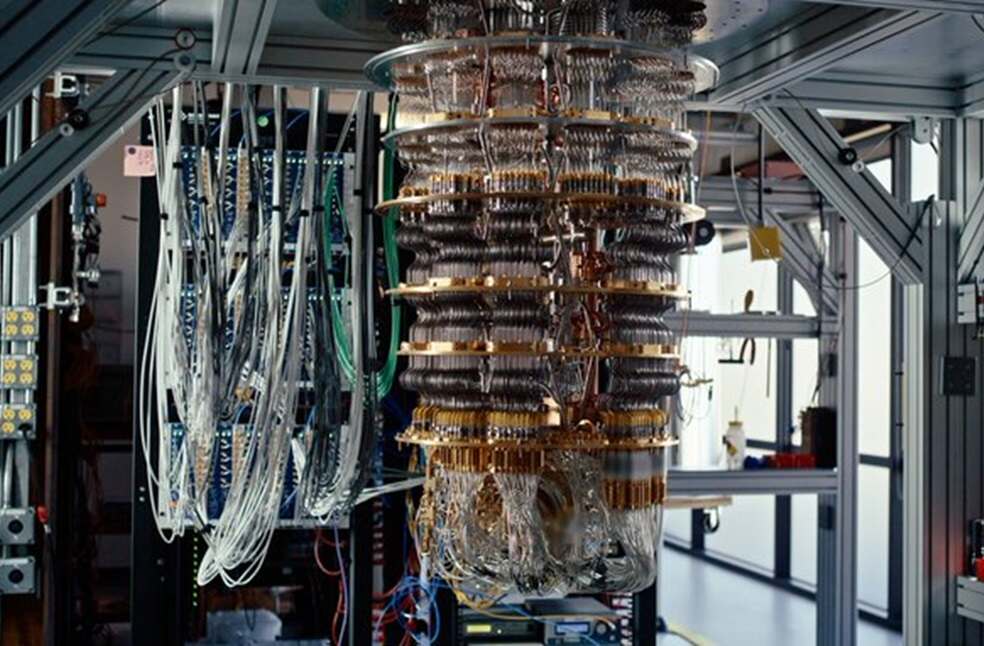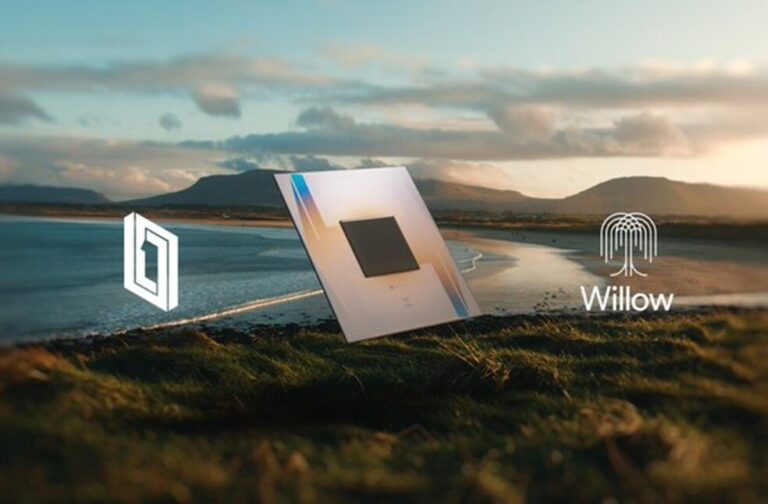United States: Google has introduced its latest quantum computing chip, “Willow,” which promises groundbreaking capabilities.
The chip reportedly solves a problem in five minutes that would take the world’s fastest supercomputers an unfathomable 10 septillion years to complete.
Leap in Quantum Computing
Quantum computing leverages the peculiar principles of particle physics to solve problems exponentially faster than classical computers. “Willow,” described by Google as the most advanced quantum processor to date, incorporates breakthroughs in error correction—a key challenge in quantum computing for decades.
Hartmut Neven, the head of Google’s Quantum AI lab, said the chip represents a significant step toward practical quantum computers capable of solving real-world problems.
Meet Willow: Our state-of-the-art quantum chip. It’s the first quantum chip to show exponential error reduction as qubits scale, paving the way for large-scale, fault-tolerant quantum computers. Dive in → https://t.co/Lr1vkZk1QT pic.twitter.com/8VkiXQ694u
— Google Quantum AI (@GoogleQuantumAI) December 9, 2024
Initial applications are expected to include simulations for nuclear fusion reactor design, drug development, and creating better car batteries. However, experts agree that quantum computing’s broader commercial viability remains years away.
Quantum computers hold immense promise for revolutionising industries like medicine, logistics, and energy management. At the same time, concerns loom over their potential misuse, particularly in cracking encryption algorithms that secure sensitive data.
Companies like Apple are already preparing for the quantum era by developing “quantum-proof” encryption measures.
“Willow” demonstrates significant advancements in error rate reduction. Traditionally, quantum computers with more qubits (the basic units of quantum information) face higher error rates. Google’s innovation reverses this trend, enhancing reliability as the system scales.

Alan Woodward, a computing expert at Surrey University, cautions against overhyping the achievement, noting that “Willow” excelled in tasks made for quantum systems, rather than demonstrating universal superiority over classical computers.
Quantum computing development is a global endeavor. The UK recently launched the National Quantum Computing Centre, which focuses on logistics optimization and other practical applications.
Meanwhile, researchers from Oxford and Osaka universities are exploring alternative quantum systems that work at room temperature, contrasting with the ultra-low temperatures required for Google’s chip.



